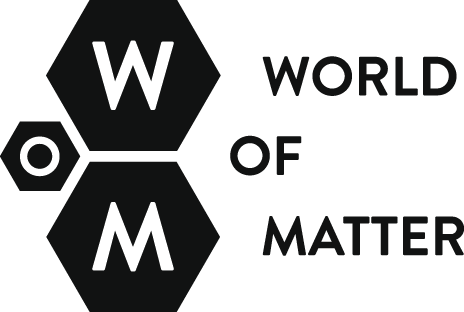Toshka Agro-Science
Artist/Author: Ursula Biemann
Parallel valleys and their artificial food production have manufactured a world in which science is programmed to overcome the limits of nature. Agro-industries resort to this remote arid land, miles away from the lush and sociable Nile Valley, to grow seedless grapes to satisfy the European appetite for foods outside their season. In Toshka, as in other colossal land reclamation projects across Egypt, sterile lands are turned into field labs for testing new ways of being human. Bacteria cultivated in chicken excrements on military-owned mega poultry farms make this aseptic terrain an altruistic host for germination. According to agro-scientific experts or military officers with agricultural educations, the bacteria, thriving on the organic residues of barley harvests, unfold their liveliness with every shower from the circular water sprinklers. That’s how desert dust converts into soggy fertility. It will be years until wheat will grow in this hostile climate. And only wheat truly matters for feeding the nation. It is this ability to chemically synthesize the world and thus create its artificial extension that has simultaneously triggered an imagination of nature as something separate from the human.


